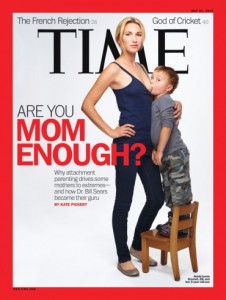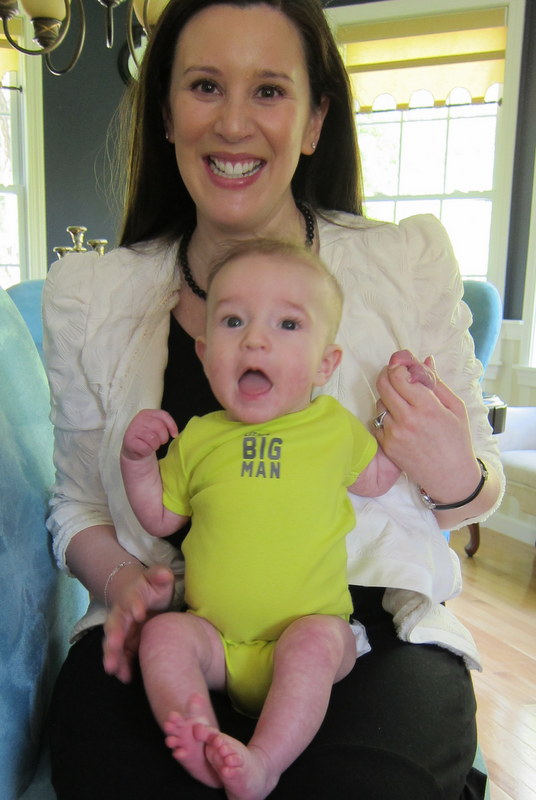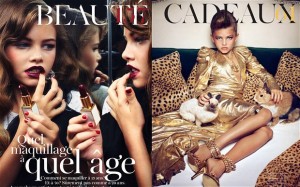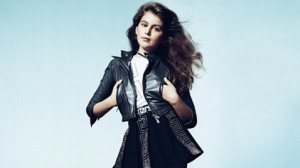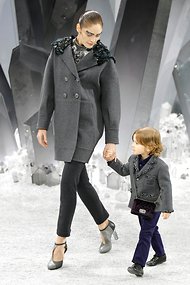This originally appeared in The Huffington Post's Culture Section. Write a bad mommy confessional and be rewarded with multiple weeks on bestseller lists, riches, and fame/infamy. (See: Chua, Amy [Tiger Mom]; Druckerman, Pamela [American mom, French parenting]; Weiss, Dara-Lynn [Diet Devil in Vogue]).
And then there are the television shows. In the grand tradition of stage mothers we have the women of Toddlers & Tiaras, along with Dance Moms and Dance Moms: Miami. Is it any surprise that Skating Moms is in the works? And that the mothers on these shows are getting wackier and wackier to secure appearances on TMZ and Anderson Cooper in order to claim their 15 minutes of fame? Or, better yet, the holy grail -- their own television shows (like two Toddlers & Tiaras break-out stars: Eden Wood with her Logo network show Eden's World and Alana Thompson, aka "Honey Boo Boo Child," who has just inked a deal for a family reality show on TLC)!
Despite their extreme antics at this point it's a total cliché to criticize these moms. The people who really should make us scratch our heads are the other adults involved: the teachers and coaches.
Now, Abby Lee Miller, the larger-than-life teacher of Dance Moms, helps give female coaches a bad name. While she has surely amplified some of her behavior for the cameras you still can't help but wince as she verbally berates young girls, puts them in completely age-inappropriate attire, and shows them how to "paint on" a six-pack so they look more slender on stage.
Miller's actions have impacted other teachers and coaches. Prominent, successful, competitive dance teachers are appalled by her behavior. In addition to being embarrassed by a member of their own profession, they have seen changes in their enrollments and in their students' behavior, along with that of the children's moms. Let's just say that drama and raised voices seem to be becoming normalized.
While Abby Lee Miller isn't the first teacher or coach to over-invest in her students (watch the US gymnastics championships this weekend to catch a glimpse of coaching legends like the Károlyis -- and then read Dominique Moceanu's new memoir, out next week, to discover what a negative impact coaches like that can have on a child's life), Miller certainly is popularizing the role. In many ways she's the new version of a "stage mom."
CLICK HERE TO KEEP READING AT HUFFINGTON POST!
The most recent episode of Dance Moms, "The Battle Begins," has Abby shouting multiple times that her students need to do well because they are associated with her and "her name." With kids' afterschool activities becoming increasingly professionalized, more and more people (both good and bad) can make a living off of children's performances. This means they can easily become too invested both financially and emotionally.
So in many cases teachers and coaches are the new "stage moms," using kids who aren't their own to secure their own fame and fortune. Forget the Tiger Mom, now we have Tiger Teachers eager to catch the glare of the spotlight. Too bad we can't all get a Coach Taylor for ourselves and for our kids. In the meantime, beware of Tiger Teachers seeking high fees and reality television shows.

